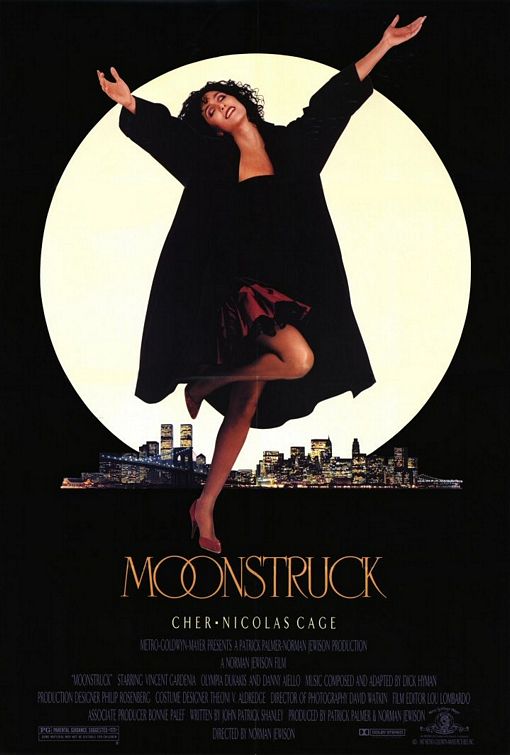Are Romantic Comedies Bad for Real-Life Romance?
Posted on December 17, 2008 at 8:00 am
Do romantic comedies create and foster impossible expectations? Are women doomed to disappointment when no man can possibly measure up to Lloyd Dobbler (Say Anything), William Thacker (Notting Hill
) or Joe Fox (You’ve Got Mail
) — or Cary Grant in anything?
Researchers at the Family and Personal Relationships Laboratory at Heriot Watt University in Scotland have concluded that may be the problem. In a new paper about the influence of romantic movies on people’s expectations about relationships, the researchers studied 40 films released between 1995 and 2005 and found that they conveyed to those in the audience a sense that the best relationships achieved a level of understanding that did not require the kind of communication that is necessary for real-life relationships.
Dr. Bjarne Holmes, who led the research, said: “We are not being killjoys – we are not saying that people shouldn’t watch these movies. But we are saying that it would be helpful if people were more aware and more critical of the messages in these films. The problem is that while most of us know that the idea of a perfect relationship is unrealistic, some of us are still more influenced by media portrayals than we realize.”
There are related studies on romance novels and one by Holmes on couple-oriented sitcoms (“In search of my “one-and-only”: Romance-oriented media and beliefs in romantic relationship destiny”). And Holmes is now asking for participants for an online follow-up study.
I do not believe anyone takes or should take these studies any more seriously than they take relationship advice from Julia Roberts movies. In other words, both are fun and sometimes provocative and can even offer genuine insights that can help illuminate relationship issues — finding the courage to take a risk, making love the top priority of your life, valuing yourself enough to value others — but by definition, movies have to take short-cuts to indicate important passages in a relationship or we’d be there for weeks. That’s what a montage is all about — we see the couple splashing each other on the beach and marveling over the goodies at an outdoor market while some sprightly pop song plays on the soundtrack and we accept that they are in love; that doesn’t mean we expect that in our own lives. This goes back way before movies. Even Shakespeare had to save time by having his lovers fall for each other at first sight, though he at least had them describe it beautifully.
I would guess that there’s something of a chicken and egg problem here. Those audience members who are attracted to romantic comedies (especially some of the second-rate ones in this study) are likely to have more of a tendency to, well, romanticize. But if they are really paying attention, they will see that one of the most important messages in any romantic film is that the best way to see those movies is while sharing popcorn with someone you love — and that the best part is talking to that person about it afterward.
If you are careful in observing the lessons from movies and other great stories about love in books, plays, operas, songs, and even paintings, you can find a true soulmate who makes all of the relationship ups and downs into life’s greatest adventure, someone who laughs with you, listens to you, and inspires you, and still holds hands when you go to the movies after more than 30 years. I’ve been lucky enough to find someone who is all of that and more.

